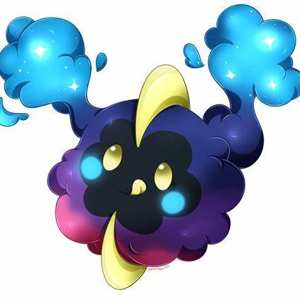I am not sure that a "solution" without understanding have a lot of value since you will have such issue in the future.
The explanation is very simple
case sensitivity of Object names depend on the COLLATE
Here is a simple example of two databases. First one is using COLLATE which is Case Sensitive. Therefore we can create two tables named T and t. In this database you query will returns error since T and t are not the same.
create database Hebrew_100_CS_AS COLLATE Hebrew_100_CS_AS
use Hebrew_100_CS_AS
CREATE TABLE T(id int)
CREATE TABLE t(id int)
-- No issue using 2 object with the same name with upper and lower case
-- Since the database COLLATE is case sensitive
SELECT getdate() as AuditTime,@@SERVERNAME AS InstanceName,DB_NAME() Database_Name
,f.name,f.physical_name,FG.type_desc,* FROM sys.filegroups FG
JOIN sys.database_files F
ON FG.data_space_id = F.data_space_id
-- ERROR! The multi-part identifier "f.physical_name" could not be bound.
----------------------------------------
----------------------------------------
create database Hebrew_100_CI_AS COLLATE Hebrew_100_CI_AS
use Hebrew_100_CI_AS
CREATE TABLE T(id int)
CREATE TABLE t(id int)
-- Error! There is already an object named 't' in the database.
SELECT getdate() as AuditTime,@@SERVERNAME AS InstanceName,DB_NAME() Database_Name
,f.name,f.physical_name,FG.type_desc,* FROM sys.filegroups FG
JOIN sys.database_files F
ON FG.data_space_id = F.data_space_id
-- No error :-)




